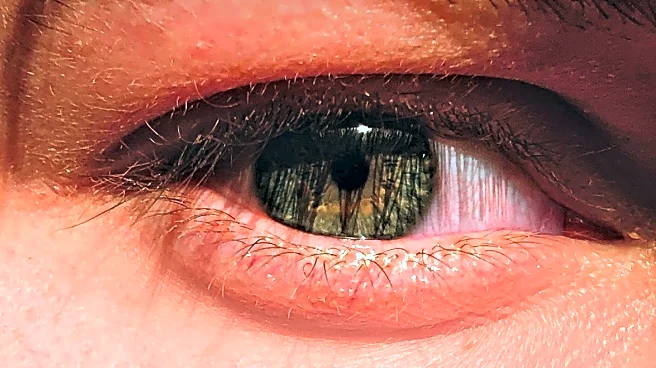What's Happening?
A study published in The Lancet Diabetes & Endocrinology highlights a significant global issue: millions of people with diabetes remain undiagnosed or are not receiving optimal care. Conducted by the Institute for Health Metrics and Evaluation at the University of Washington, the study analyzed diabetes care across 204 countries from 2000 to 2023. It found that 44% of people aged 15 and older with diabetes are unaware of their condition, with young adults facing the highest risks for long-term complications. Despite improvements, substantial disparities in diagnosis and treatment persist, particularly in low- and middle-income countries.
Why It's Important?
The underdiagnosis and inadequate management of diabetes pose serious health risks, potentially leading to a silent epidemic. With diabetes cases expected to rise to 1.3 billion by 2050, the lack of awareness and proper care could result in increased healthcare costs and a burden on health systems worldwide. The study underscores the need for investment in screening programs and access to medications, especially in underserved regions. Addressing these gaps is crucial for improving health outcomes and preventing complications associated with diabetes.
What's Next?
Efforts to improve diabetes diagnosis and management are likely to intensify, with a focus on expanding screening programs and enhancing access to treatment. The World Health Organization aims to have 80% of people with diabetes clinically diagnosed by 2030. Stakeholders, including governments and health organizations, may increase funding and support for initiatives targeting diabetes awareness and care, particularly in regions with significant disparities.









